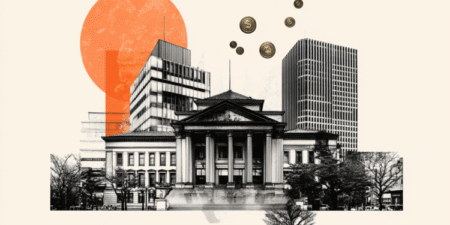Q1 outperformance tells little about the remainder of 2025; growth momentum is likely to weaken. Growth forecast of 0.8% this year remains unchanged, but near-term recession risks are high. The 2026 growth has been revised down to 1.0% (1.2%) owing to the lingering effects of trade uncertainty. The 2027 growth has been revised down to 1.6% (1.1%) as German fiscal boost and defence spending feeds through, Standard Chartered’s economist Christopher Graham notes.
Negatives now, positives later
“Despite a strong start to the year, we think the near-term outlook in the euro area is fragile; we see slower growth in the coming quarters owing to the effect of US tariffs on demand for euro-area exports, and the broader effects of global trade uncertainty. We maintain our 2025 growth forecast of 0.8% purely as a result of strong Q1 growth. We think recession risks are high in next few quarters, depending on US-EU trade negotiations. Our base case is that the euro area will ultimately face tariff rates somewhere between the baseline 10% and original 20% rate, but the outcome could be worse, resulting in a greater hit to economic growth.”
“As the euro area gradually compensates for lost trade with the US via expanded trade elsewhere, the hit from tariffs should diminish. This should be reflected in improving quarterly growth in 2026, although the weak close to 2025 and lingering effects into early next year still prompt us to lower our full-year growth forecast to 1.0% (from 1.2% previously). However, we see a more positive story emerging in 2027, as the negative effects from trade continue to dissipate and tailwinds from German infrastructure spending and continent-wide defence spending gather momentum. We raise our 2027 growth forecast to 1.6% (from 1.1%) accordingly.”
Read the full article here
















